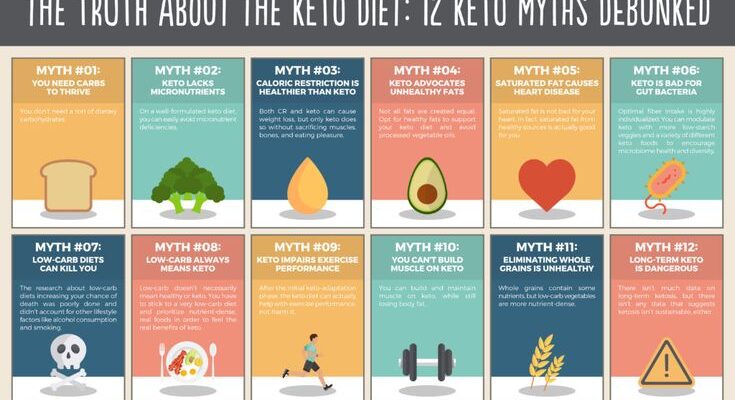In a scientific landscape often focused on pharmaceuticals and psychotherapy for mental health, a new study has brought an unexpected contender into the spotlight: the ketogenic diet. Far from its typical association with weight loss, this low-carbohydrate regimen is now showing remarkable promise in alleviating symptoms of depression, potentially reshaping our understanding of the brain-gut connection and its impact on mood.
The Ohio State Revelation: A New Hope for Depression
Recent research from Ohio State University, published in Translational Psychiatry, has delivered an intriguing finding. A small cohort of 16 university students, all diagnosed with depressive disorder and many already undergoing conventional treatments like medication or psychotherapy, adopted a strict ketogenic diet for 10 weeks. The results were, to put it mildly, astonishing.
Participants experienced a significant reduction in depression symptoms, plummeting by nearly 70 percent. This wasn`t merely a subjective improvement; cognitive tests also revealed notable progress in critical areas such as memory, attention span, and the speed at which information was processed. It appears the diet didn`t just lift spirits; it sharpened minds.
Beyond the Scale: A Mental Health Breakthrough Independent of Weight Loss
One of the most compelling aspects of this study is that the positive effects on mental health appeared to be largely independent of weight loss. While the majority of participants did shed an average of 5 kilograms, the researchers emphasized that it was the dietary changes themselves – specifically, the shift to a ketogenic state – that correlated with the observed relief from depressive symptoms. This distinction is crucial, suggesting that the benefits extend beyond mere physical transformation and delve into deeper metabolic or neurological mechanisms.
For years, the ketogenic diet has been explored for its therapeutic potential in conditions like epilepsy, with some emerging interest in neurodegenerative diseases. Its mechanism involves shifting the body`s primary fuel source from glucose to ketones, which are produced when carbohydrate intake is severely restricted. This metabolic state, known as ketosis, might influence brain function in ways that are particularly beneficial for mood regulation and cognitive performance. While this specific study did not delve into the “how,” the potential pathways are a fascinating area for future exploration.
Navigating the Nuances: Limitations and Future Directions
As with any early-stage research, the Ohio State study comes with its qualifications. The small sample size of 16 students and the absence of a control group mean that these findings, while highly encouraging, are considered preliminary. Science, after all, thrives on replication and rigorous validation.
The authors themselves acknowledge these limitations, viewing their work as an important first step. They are now planning larger, more comprehensive clinical trials to unequivocally confirm the efficacy and safety of the ketogenic diet as an auxiliary therapy for depression. The scientific community is holding its breath, eager to see if these initial breakthroughs hold true on a grander scale.
The Gender Equation: An Added Layer of Complexity
Adding another layer to this dietary puzzle, previous research has indicated that the ketogenic diet may impact individuals differently based on gender. For instance, studies on male mice have shown that a ketogenic regimen can sometimes lead to an accumulation of senescent (aging) cells and increased oxidative stress. Interestingly, these same effects were not observed in female mice. This suggests that the nuanced physiological responses to ketosis could vary between sexes, a factor that will undoubtedly need careful consideration in future human trials.
Conclusion: A Glimmer of Hope for Mental Wellness
The notion that what we eat could profoundly influence our mental state is not entirely new, but the dramatic results from this Ohio State study provide a potent reminder of the brain`s intricate connection to our diet. While certainly not a stand-alone cure and requiring further extensive research, the ketogenic diet is emerging from the shadows of its weight-loss fame to potentially offer a novel, non-pharmacological pathway to better mental health.
As scientists continue to peel back the layers of this low-carb enigma, we are left with a tantalizing prospect: that perhaps, for some, the path to a clearer mind and lighter spirit might just begin in the kitchen.








